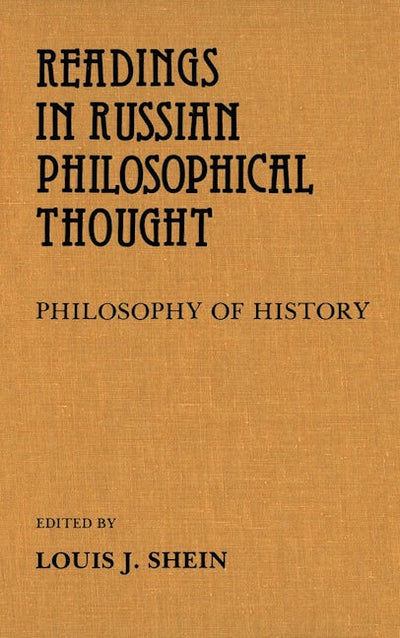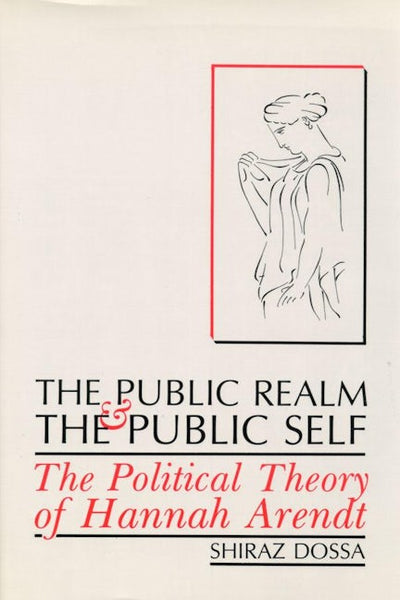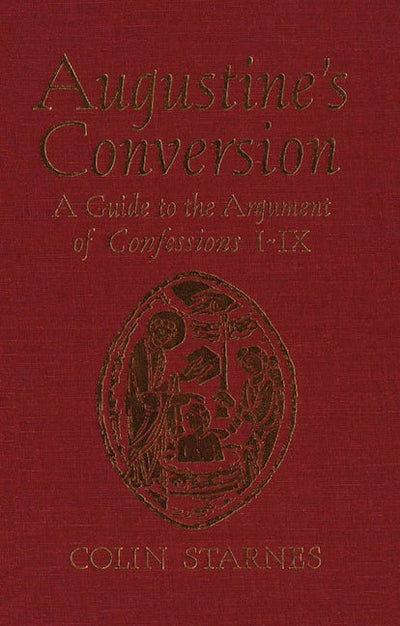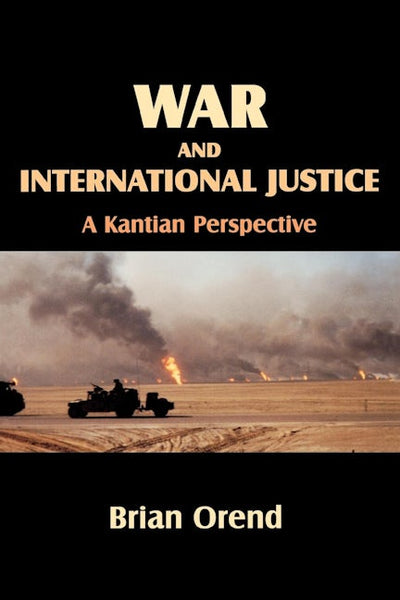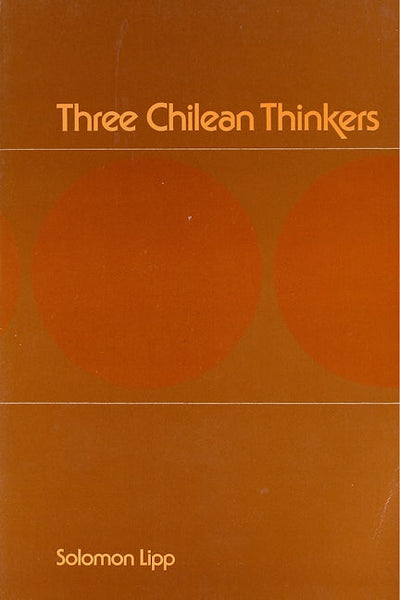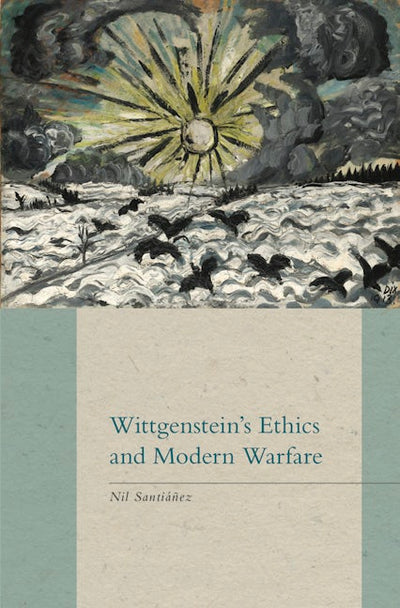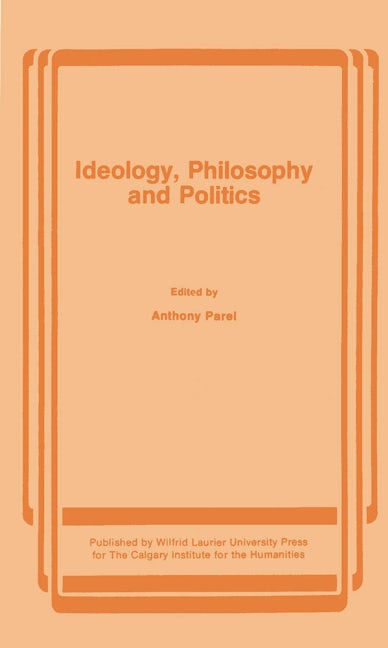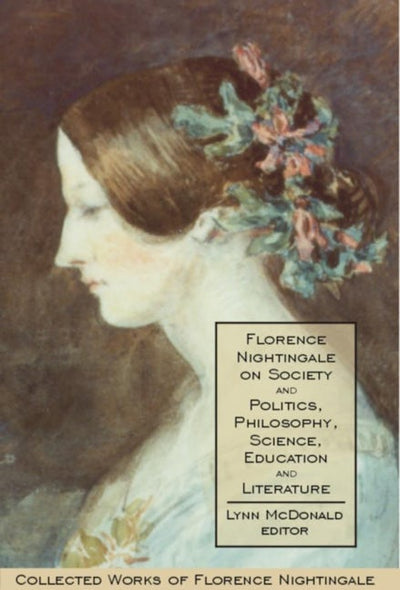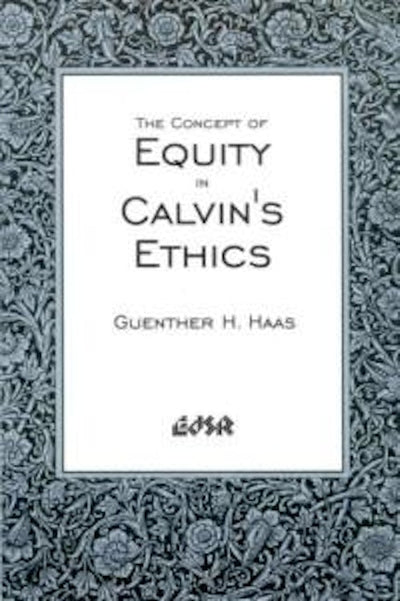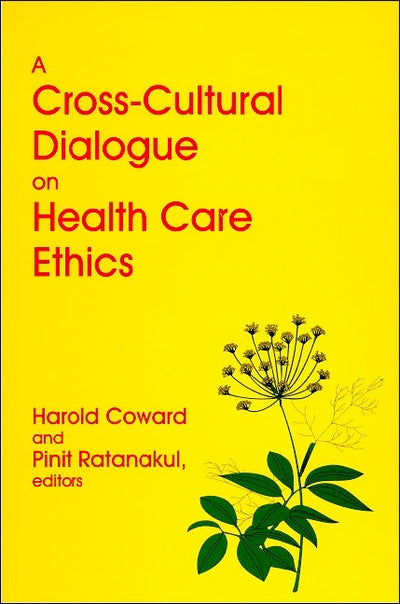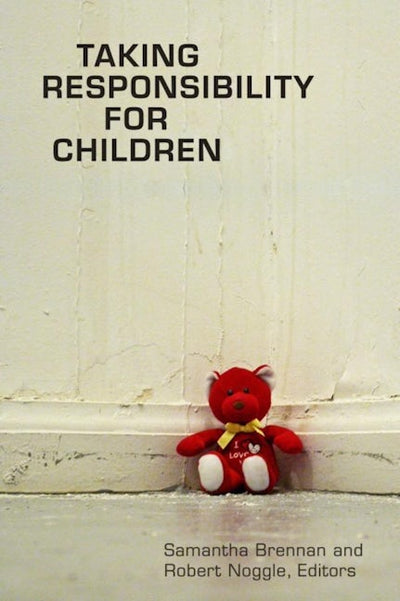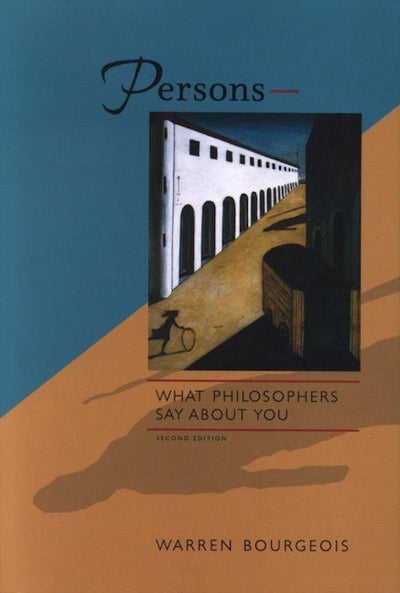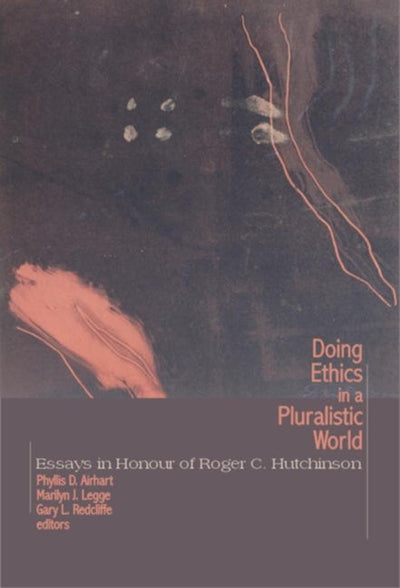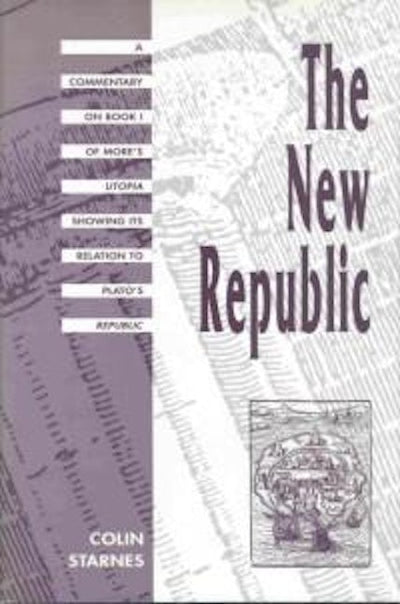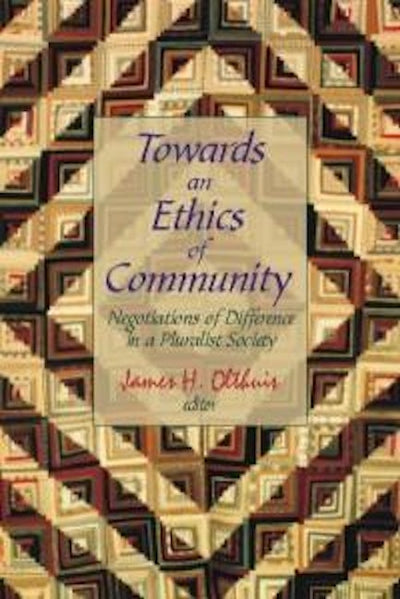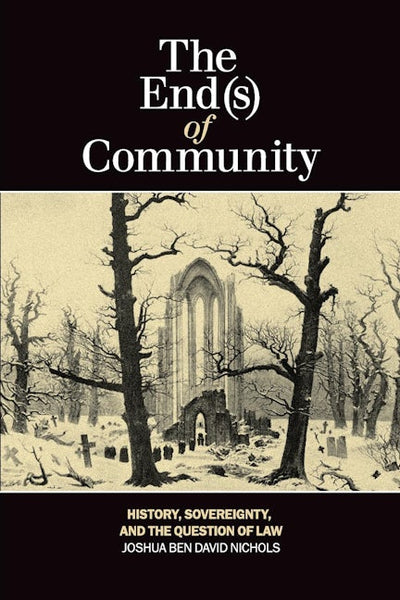-
Antiques & Collectibles
-
Architecture
-
Art
-
Bibles
-
Biography & Autobiography
-
Body, Mind & Spirit
-
Business & Economics
-
Comics & Graphic Novels
-
Computers
-
Cooking
-
Crafts & Hobbies
-
Design
-
Education
-
Family & Relationship
-
Fiction
-
Foreign Language Study
-
Games & Activities
-
Gardening
-
Health & Fitness
-
History
-
House & Home
-
Humor
-
Juvenile Fiction
-
Juvenile Nonfiction
-
Language Arts & Disciplines
-
Law
-
Literary Collections
-
Literary Criticism
-
Mathematics
-
Medical
-
Miscellaneous
-
Music
-
Nature
-
Performing Arts
-
Pets
-
Philosophy
-
Photography
-
Poetry
-
Political Science
-
Psychology
-
Reference
-
Religion
-
Self-Help
-
Science
-
Social Science
-
Sports & Recreation
-
Study Aids
-
Technology & Engineering
-
Transportation
-
Travel
-
True Crime
-
Young Adult Fiction
-
Young Adult Nonfiction
-
Antiques & Collectibles
-
Architecture
-
Art
-
Bibles
-
Biography & Autobiography
-
Body, Mind & Spirit
-
Business & Economics
-
Comics & Graphic Novels
-
Computers
-
Cooking
-
Crafts & Hobbies
-
Design
-
Education
-
Family & Relationship
-
Fiction
-
Foreign Language Study
-
Games & Activities
-
Gardening
-
Health & Fitness
-
History
-
House & Home
-
Humor
-
Juvenile Fiction
-
Juvenile Nonfiction
-
Language Arts & Disciplines
-
Law
-
Literary Collections
-
Literary Criticism
-
Mathematics
-
Medical
-
Miscellaneous
-
Music
-
Nature
-
Performing Arts
-
Pets
-
Philosophy
-
Photography
-
Poetry
-
Political Science
-
Psychology
-
Reference
-
Religion
-
Self-Help
-
Science
-
Social Science
-
Sports & Recreation
-
Study Aids
-
Technology & Engineering
-
Transportation
-
Travel
-
True Crime
-
Young Adult Fiction
-
Young Adult Nonfiction
Readings in Russian Philosophical Thought
Regular price $34.99 Save $-34.99A collection of readings in Russian philosophical thought.

The Public Realm and the Public Self
Regular price $45.99 Save $-45.99From the time she set the intellectual world on fire with her reflections on Eichmann (1963), Hannah Arendt has been seen, essentially, as a literary commentator who had interesting things to say about political and cultural matters. In this critical study, Shiraz Dossa argues that Arendt is a political theorist in the sense in which Aristotle is a theorist, and that the key to her political theory lies in the twin notions of the “public realm” and the “public self”.
In this work, the author explains how Arendt’s unconventional and controversial views make sense on the terrain of her political theory. He shows that her judgement on thinkers, actors, and events as diverse as Plato, Marx, Machiavelli, Freud, Conrad, Hobbes, Hitler, the Holocaust, the French Revolution, and European colonialism flow directly from her political theory.
Tracing the origins of this theory to Homer and Periclean Athens, Dossa underlines Arendt’s unique contribution to reinventing the idea and the ideal of citizenship, reminding us that the public realm is the locus of friendship, community, identity, and in a certain sense, humanity. Arendt believes that no one who prefets his or her private interest to public affairs in the old sense can claim to be fully human or truly excellent.

Augustine’s Conversion
Regular price $41.99 Save $-41.99
War and International Justice
Regular price $38.99 Save $-38.99Can war ever be just? By what right do we charge people with war crimes? Can war itself be a crime? What is a good peace treaty?
Since the Cold War ended in the early 1990s, many wars have erupted, inflaming such areas as the Persian Gulf, Central Africa and Central Europe. Brutalities committed during these conflicts have sparked new interest in the ethics of war and peace.
Brian Orend explores the ethics of war and peace from a Kantian perspective, emphasizing human rights protection, the rule of international law and a fully global concept of justice. Contending that Kant’s just war doctrine has not been given its due, Orend displays Kant’s theory to its fullest, impressive effect. He then completely and clearly updates Kant’s perspective for application to our time.
Along the way, he criticizes pacifism and realism, explores the nature of human rights protection during wartime, and defends a theory of just war. He also looks ahead to future developments in global institutional reform using cases from the Persian Gulf War, Somalia, Bosnia, and Rwanda to illustrate his argument.
Controversial and timely, perhaps the most important contribution War and International Justice: A Kantian Perspective makes is with regard to the question of justice after war. Orend offers a principled theory of war termination, making an urgent plea to reform current international law.

Controversial Kierkegaard
Regular price $41.99 Save $-41.99
Ethics and Climate Change
Regular price $42.99 Save $-42.99Faced with the prospect of global warming, the anticipated rapid rise in global air temperatures due to the release of gases into the atmosphere, we have two choices of how to respond: adaptation or avoidance. With adaptation we keep burning fossil fuels, let global temperatures rise and make whatever changes this requires: move people from environmentally damaged areas, build sea walls, etc. With avoidance we stop warming from occurring, either by reducing our use of fossil fuels or by using technology such as carbon dioxide recovery after combustion to block the warming effect. Yet each strategy has its drawbacks — adaptation may not be able to occur fast enough to accommodate the expected temperature increases, but avoidance would be prohibitively expensive. An ethically acceptable goal must involve some mixture of adaptation and avoidance.
Written by a team of scientists, social scientists, humanists, legal and environmental scholars and corporate researchers, this book offers an ethical analysis of possible responses to the problem. Their analyses of the scientific and technological data and the ethical principles involved in determining whose interests should be considered point to a combination of adaptation and avoidance of greenhouse gas production. They offer assessments of personal, corporate, government and international responsibility and a series of recommendations to aid decision-makers in determining solutions and apportioning responsibility.

Three Chilean Thinkers
Regular price $34.99 Save $-34.99Three Chilean Thinkers, a companion piece to Three Argentine Thinkers, attempts to examine some of the outstanding characters of Chile's intellectual development by way of analyzing the contribution of three of her distinguished representatives. Each thinker or philosopher, whichever the case may be, is symbolic of a definite sociopolitical movement which left its unmistakable imprint upon the cultural scene. Moreover, each thinker, no doubt, was strongly influenced by European philosophical trends, but should in now way be considered a mere imitator. It would be more accurate to say that they adapted these currents to their particular situation, utilizing the various component elements in order to explain or reform the Spanish American scene.
Since each of the three represents a separate epoch, it was thought best to present them in chronological fashion in order to insure a measure of historical continuity. Thus, the first author treated is Francisco Bilbao, representative par excellence of the Romantic period. He is followed by Valentín Letelier, who can be said to have been one of the foremost exponents of what may well be considered as a reaction to Romanticism, namely, the Positivist era. Finally, Positivism, in turn, also produced a reaction in the form of the various idealistic tendencies which blossomed forth at the turn of the century—reaction to the dominant position exercised by evolutionism and scientism—represented in Chile by Enrique Molina.

Wittgenstein's Ethics and Modern Warfare
Regular price $34.99 Save $-34.99This original and insightful book establishes a reciprocal relationship between Ludwig Wittgenstein’s notion of ethics and the experience of war. It puts forth an interpretation of Wittgenstein’s early moral philosophy that relates it to the philosopher’s own war experience and applies Wittgenstein’s ethics of silence to analyze the ethical dimension of literary and artistic representations of the Great War.
In a compelling book-length essay, the author contends that the emphasis on “unsayability” in Wittgenstein’s concept of ethics is a valuable tool for studying the ethical silences embedded in key cultural works reflecting on the Great War produced by Mary Borden, Ellen N. La Motte, Georges Duhamel, Leonhard Frank, Ernst Friedrich, and Joe Sacco. Exploring their works through the lens of Wittgenstein’s moral philosophy, this book pays particular attention to their suggestion of an ethics of war and peace by indirect means, such as prose poetry, spatial form, collage, symbolism, and expressionism.
This cultural study reveals new connections between Wittgenstein’s philosophy, his experience during the First World War, and the cultural artifacts produced in its aftermath. By intertwining ethical reflection and textual analysis, Wittgenstein’s Ethics and Modern Warfare aspires to place Wittgenstein’s moral philosophy at the centre of discussions on war, literature, and the arts.

Ideology, Philosophy and Politics
Regular price $32.95 Save $-32.95These twelve essays, together with the editor's introduction, examine the relationship of ideology to philosophy and politics. Part one deals with theoretical underpinnings of ideology: definitions are posited, and the relationship of ideology to thought itself, to use and abuse of theory, to social theory, to the epistemology of politics, to technology, and to political culture are discussed. Part two treats ideology in its historical context, dealing with the word as introduced by Destutt de Tracy in 1798 and looking both forward and backward at such enquirers in the field as Aristotle, Bacon, Locke, Rousseau, Marx, Karl Mannheim, and Leo Strauss.
The volume presents original and provocative insights into the meanings and uses of ideology, as well as into specific "ideologies." The essays will be of importance to students of philosophy and sociology of knowledge, political scientists, and historians.

Averroës’ Doctrine of Immortality
Regular price $32.95 Save $-32.95The introduction of Aristotelianism into the West created conflict, disruption, and turmoil. Not least, it confronted the Middle Ages with a serious problem concerning the possible conflict between reason and faith. In part, the controversy surrounding Aristotelianism in the Christian world came from the Islamic channels through which much of the Aristotelian philosophical heritage came to the West. The great turning point of Christian thought, the point at which Christian intellectual history began to be dominated by Aristotelian patterns, began when Christian scholars were exposed not only to the philosophy of Aristotle, but also to the commentaries of Averroes. The names of Averroes and Aristotle became inextricably linked by the middle of the thirteenth century.
A clear and careful analysis of the links between the thoughts of Averroes and Aristotle, an explication of the impact of Averroes' thought on Christian theology and on Aquinas in particular, this monograph is of crucial importance in the history of Christianity. It is emphatically apposite to the discussion of monistic and qualistic theological anthropologies. Further, the discussion throws light upon a topic which should be of much greater interest to scholars: the impact of Islam upon medieval Christian thought.
Mohammed centres specifically upon Averroes' doctrine of immortality—a doctrine that posited immortality for man as a being entire, not merely for his soul.

Leopoldo Zea
Regular price $32.95 Save $-32.95
Value Assumptions in Risk Assessment
Regular price $36.99 Save $-36.99Selected by Choice as one of the outstanding publications for 1991.
Are risk debates disputes between those who accept the findings of science and those who do not? Between good and bad science? Or is it possible that opposing assessments of risk, by scientific experts as well as ordinary citizens, reflect and are guided by dominant values held by the assessors? The following analysis of one of these debates supports the latter view. In it we suggest what those dominant values are, how they work within a risk assessment, and some implications of reconceiving risk debates as primarily debates about values.

Florence Nightingale on Society and Politics, Philosophy, Science, Education and Literature
Regular price $157.99 Save $-157.99Florence Nightingale on Society and Politics, Philosophy, Science, Education and Literature, Volume 5 in the Collected Works of Florence Nightingale, is the main source of Nightingale’s work on the methodology of social science and her views on social reform. Here we see how she took her “call to service” into practice: by first learning how the laws of God’s world operate, one can then determine how to intervene for good. There is material on medical statistics, the census, pauperism and Poor Law reform, the need for income security measures and better housing, on crime, gender and the family. Her comments on a new edition of The Dialogues of Plato are given, with their impact on the revision of the next edition. We see Nightingale’s condemnation of Plato’s “community of wives,” with her stirring approval of love (even outside marriage!), marriage and the family. In this volume also her views on natural science, education and literature are reported.
Nightingale was an astute behind-the-scenes political activist. Society and Politics publishes (much of it for the first time) her correspondence with such leading political figures as Queen Victoria, W.E. Gladstone and J.S. Mill. There are notes and essays on public administration and personal observations on various members of royalty, prime ministers and ministers, and Indian viceroys. Nightingale’s support of the vote for women (contrary to much in the secondary literature) is here shown. Correspondence and notes on British general elections from 1834 to 1900 is reported, with letters to and for (Liberal) political candidates and fierce condemnations of Conservatives.
Currently, Volumes 1 to 11 are available in e-book version by subscription or from university and college libraries through the following vendors: Canadian Electronic Library, Ebrary, MyiLibrary, and Netlibrary.

The Concept of Equity in Calvin’s Ethics
Regular price $45.99 Save $-45.99Ever since Calvin wrote his Institutes of the Christian Religion, admonishing the reader that “it would not be difficult for him to determine what he ought especially to seek in Scriptures, and to what end he ought to relate its contents,” scholars have endeavoured to identify a doctrine or theme at the heart of his theology. In his landmark book The Concept of Equity in Calvin’s Ethics, Guenther Haas concludes that the concept of equity is the theme of central importance in Calvin’s social ethic, in a similar way that union with Christ lies at the heart of his theology.
Haas provides, in Part One, a brief survey of the development of the concept of equity from Aristotle to the scholastics, and as it was used by Calvin’s contemporaries. Haas also examines the influences on Calvin’s thinking before and after his conversion to Protestantism, with special attention paid to those influences that employed the concept of equity.
In the heart of this study, Part Two, “Equity in Calvin’s Ethics,” Haas presents a thorough exposition and analysis of the extensive role the concept of equity plays in Calvin’s ethics, demonstrating that Calvin’s approach to ethics is not restricted to meditation of Scripture text.
This book will force a re-examination of approaches to Calvin studies that have not appreciated the historical context and background of Calvin’s thought. The Concept of Equity in Calvin’s Ethics establishes that the Protestant tradition in Christian ethics, founded by Calvin, has a distinctive and vital contribution to make to Christian ethics, as well as to the broader discussion of social ethics as they are practised today.

A Cross-Cultural Dialogue on Health Care Ethics
Regular price $41.99 Save $-41.99The ethical theories employed in health care today assume, in the main, a modern Western philosophical framework. Yet the diversity of cultural and religious assumptions regarding human nature, health and illness, life and death, and the status of the individual suggest that a cross-cultural study of health care ethics is needed.
A Cross-Cultural Dialogue on Health Care Ethics provides this study. It shows that ethical questions can be resolved by examining the ethical principles present in each culture, critically assessing each value, and identifying common values found within all traditions, It encourages the development of global awareness and sensitivity to and respect for the diversity of peoples and their values and will advance understanding as well as help to foster a greater balance and a fuller truth in consideration of the human condition and what makes for health and wholeness.

Taking Responsibility for Children
Regular price $45.99 Save $-45.99What do we as a society, and as parents in particular, owe to our children? Each chapter in Taking Responsibility for Children offers part of an answer to that question. Although they vary in the approaches they take and the conclusions they draw, each contributor explores some aspect of the moral obligations owed to children by their caregivers. Some focus primarily on the responsibilities of parents, while others focus on the responsibilities of society and government.
The essays reflect a mix of concern with the practical and the philosophical aspects of taking responsibility for children, addressing such topics as parental obligations, the rights and entitlements of children, the responsibility of the state, the role and nature of public education in a liberal society, the best ways to ensure adequate child protection, the licensing of parents, children’s religious education, and children’s health. Taking Responsibility for Children will be of interest to philosophers, advocates for children’s interests, and those interested in public policy, especially as it relates to children and families.

Persons — What Philosophers Say about You
Regular price $51.99 Save $-51.99Can a person suffer radical change and still be the same person?
Are there human beings who are not persons at all?
Western philosophers, from the ancient Greeks to contemporary thinkers, gave the concept of “person” great importance in their discussions. They saw it as crucial to our understanding of our world and our place in it.
Prompted by tragedy — a loved one’s descent into dementia — Warren Bourgeois explored Western philosophical ideas to discover what constitutes a “person.” The first edition of Persons — What Philosophers Say About You was the result of his search. This new second edition focuses on making this material easily available and accessible to students, and has been redesigned as an introduction to the philosophy of mind and its history, concentrating on the central concept of “person” in contemporary controversies concerning abortion, euthanasia, genetic engineering, and human rights.
Bourgeois has mined Western philosophy for ideas students can apply today as technology challenges their beliefs about what we are. He then uses the concept of person to unite the various subdivisions of philosophy, applying theories of knowledge, reality and value to help students understand what we believe about ourselves. The result is a living philosophy and an “introductory text with a difference.”
While the ideas of the great philosophers cannot be meaningfully summarized in one introductory text, this book provides a comparison of what many of them say about the concept of person, and will encourage students to read further.

Doing Ethics in a Pluralistic World
Regular price $89.99 Save $-89.99Doing Ethics in a Pluralistic World is an apt title for this collection of essays in honour of Roger C. Hutchinson who, over many decades, has encouraged and participated in shaping a Canadian contextual social ethics. His abiding interest in social ethics and in religious engagement with public issues is reflected in his life’s work — seeking the consensus and self-knowledge required to achieve cooperation in the search for a just, participatory, and sustainable society.
One of Roger Hutchinson’s many notable accomplishments is his development of a method of dialogue for ethical clarification in situations of diversity. Some of the essays collected here apply this method to specific issues, while others discuss how religious persons and organizations can and do co-operate in a pluralistic world to achieve social and ecological well-being. All essays are of keen interest to those concerned with the role and function of ethics at the matrix of religious conviction and social transformation.
For nearly three decades Roger Hutchinson has been based at Victoria University in Toronto, first in religious studies, then at Emmanuel College, where he completed his teaching career as professor of church and society while serving as principal from 1996 to 2001.

The New Republic
Regular price $89.99 Save $-89.99Colin Starnes radical interpretation of the long-recognized affinity of Thomas More’s Utopia and Plato’s Republic confirms the intrinsic links between the two works. Through commentary on More’s own introduction to Book I, the author shows the Republic is everywhere present as the model of the “best commonwealth,” which More must first discredit as the root cause of the dreadful evils in the collapsing political situation of sixteenth-century Europe. Starnes demonstrates how More, once having shorn the Republic of what was applicable to a society that had for a thousand years accepted and been moved by the Christian revelation, then “Christianized” it to arrive at one of the earliest and most coherent accounts of the ideal modern state: the description of Utopia in Book II.
Knowing this radically new view of a long-recognized position may be questioned, the author has included a criticism and appreciation of the other major lines of interpretation concerning More’s Utopia.

Towards an Ethics of Community
Regular price $45.99 Save $-45.99How do we deal with difference personally, interpersonally, nationally? Can we weave a cohesive social fabric in a religiously plural society without suppressing differences?
This collection of significant essays suggests that to truly honour differences in matters of faith and religion we must publicly exercise and celebrate them. The secular/sacred, public/private divisions long considered sacred in the West need to be dismantled if Canada (or any nation state) is to develop a genuine mosaic that embraces fundamental differences instead of a melting pot that marginalizes. An ethics of difference starts with a recognition of difference, not as deviance or deficit that threatens but as otherness to connect with, cherish, and celebrate.
The book begins with the suggestion that our inability to come to terms with social plurality is not fundamentally the fault of religious differences, and that a public/private split inadequately deals with matters of basic difference. It then explores how encouraging people to live out their respective faiths may open new possibilities for respectful, honourable, and just negotiations of contemporary dilemmas arising out of the multicultural fabric of Canadian life.
Towards an Ethics of Community introduces readers to some of the most challenging and divisive dilemmas we face in this increasingly pluralistic, postmodern world — issues such as family and domestic violence, Aboriginal rights, homosexuality and public policy, and female genital mutilation. This is a book truly global in scope and significance.

The End(s) of Community
Regular price $43.99 Save $-43.99This book stems from an examination of how Western philosophy has accounted for the foundations of law. In this tradition, the character of the “sovereign” or “lawgiver” has provided the solution to this problem. But how does the sovereign acquire the right to found law? As soon as we ask this question we are immediately confronted with a convoluted combination of jurisprudence and theology.
The author begins by tracing a lengthy and deeply nuanced exchange between Derrida and Nancy on the question of community and fraternity and then moves on to engage with a diverse set of texts from the Marquis de Sade, Saint Augustine, Kant, Hegel, and Kafka. These texts—which range from the canonical to the apocryphal—all struggle in their own manner with the question of the foundations of law. Each offers a path to the law. If a reader accepts any path as it is and follows without question, the law is set and determined and the possibility of dialogue is closed. The aim of this book is to approach the foundations of law from a series of different angles so that we can begin to see that those foundations are always in question and open to the possibility of dialogue.



